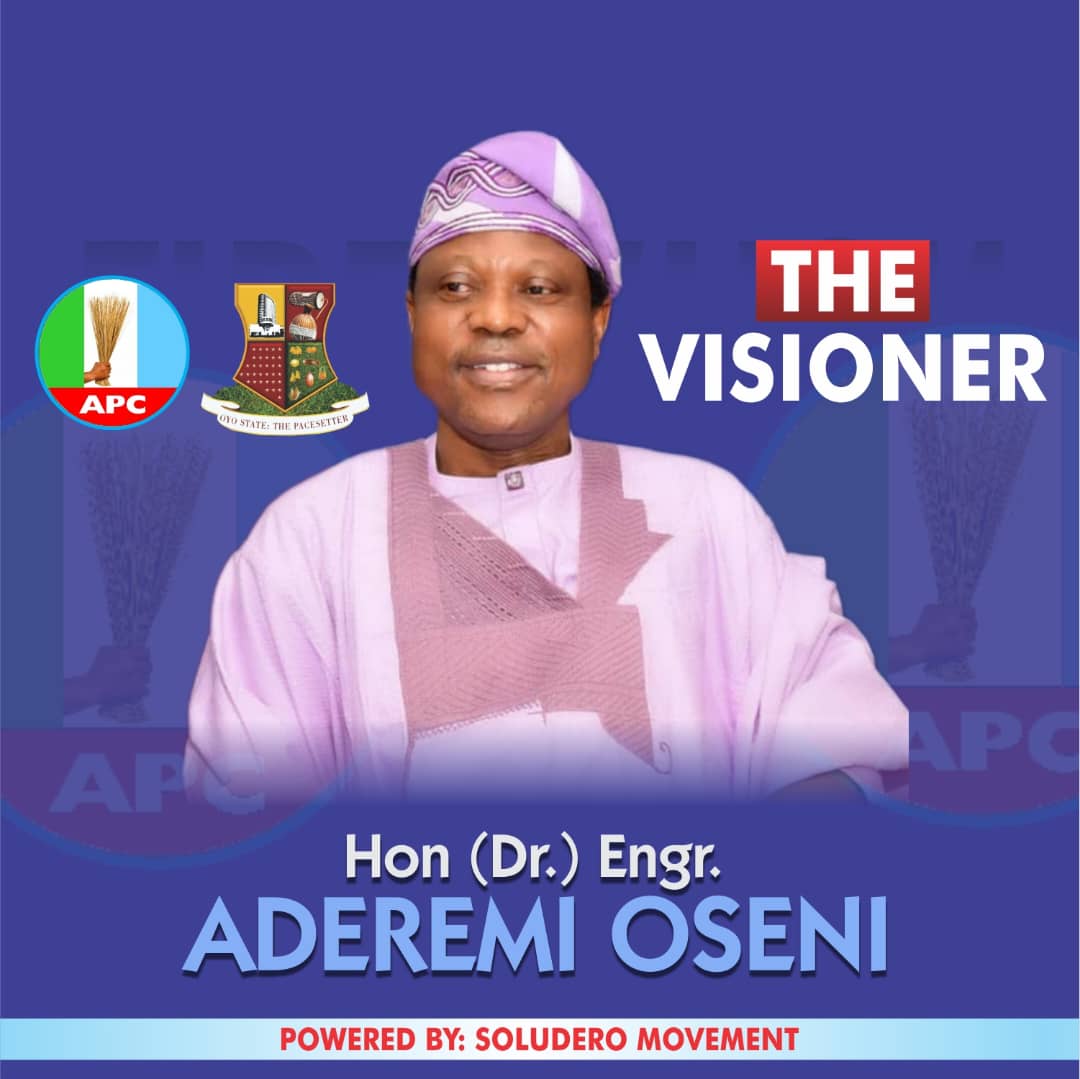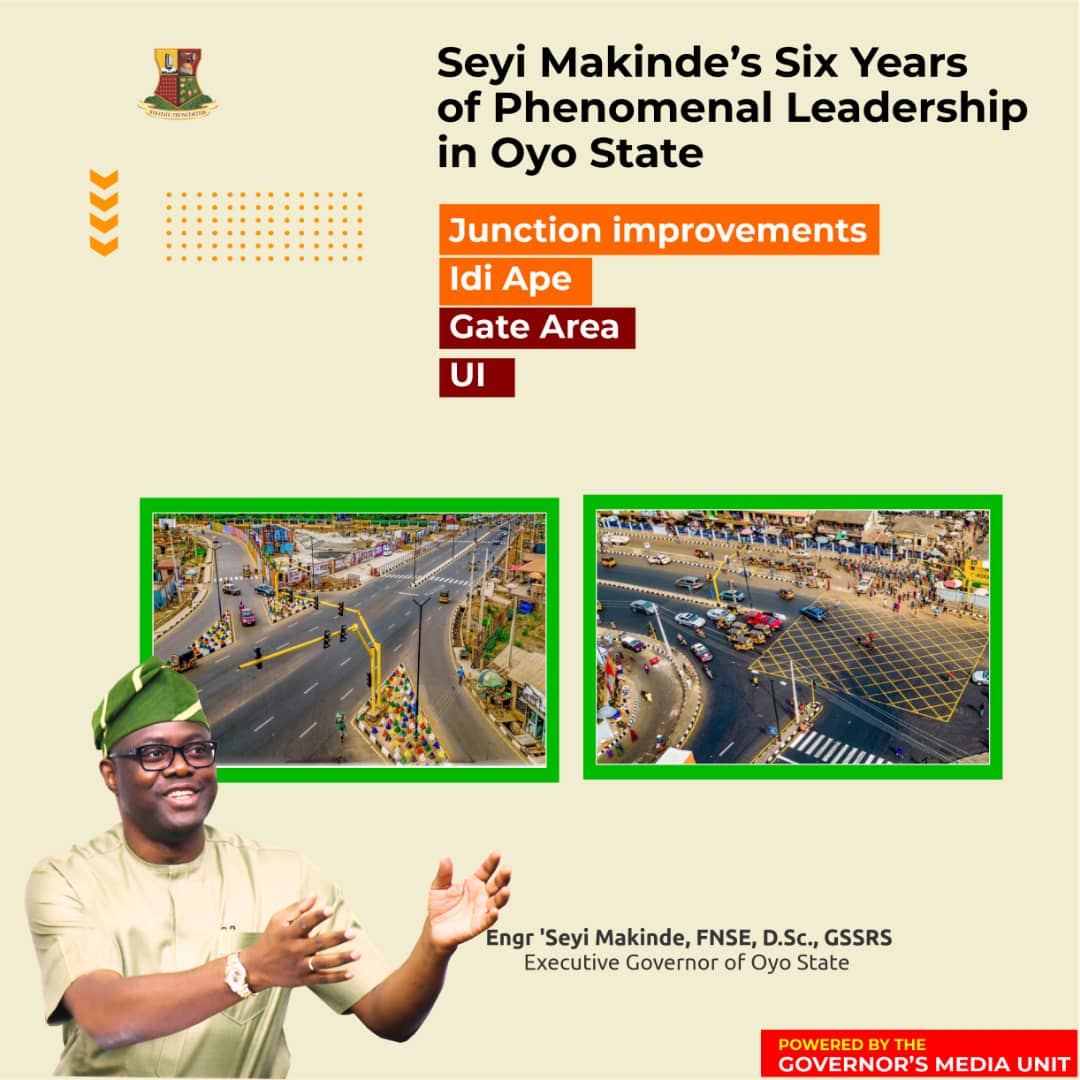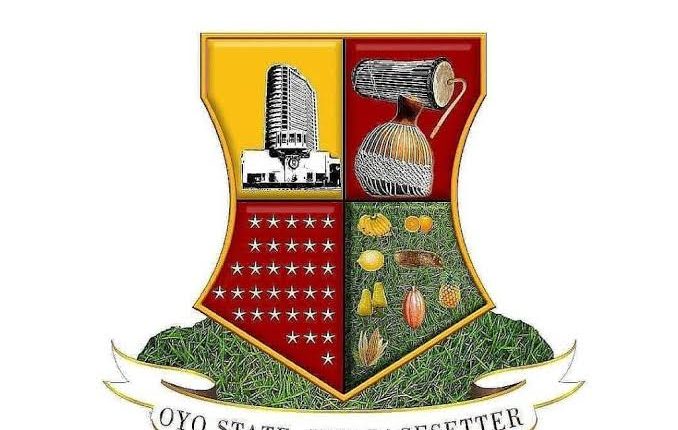The Commissioner for Education, Science and Technology in Oyo State, Barrister Rahman Abiodun Abdu- Raheem, has stated that poor reading culture responsible for the poor performance in education, reiterating that the Oyo State Government in consonant with global awareness has identified with the menace of poor reading culture as a major issue that needs attention.
Barrister Abdu- Raheem made this known while speaking at the annual Conference of the Nigerian Library Association, Oyo State chapter which held at the Department Of School Library And Media Technology, the University Of Ibadan.

According to him, the state government had taken some giant strides towards ensuring an improving reading culture in the state. He explained that some of these steps include renovation of schools across the state to ensure a conducive learning environment; recruitment of qualified and competent teachers to teach, encourage and motivate students to develop the right attitude towards reading; introduction of counselling and motivational titles as well as a supplementary reader in the approved list of books for the state; purchase of multi-million text-books distributed to all students in public schools and equipping schools with a required standard Library.
“All these are done to enhance effective use of the library in our schools and by extension aimed at improving the reading culture among the youths. I want to sincerely appreciate the association for her historic effort, holistic school approach towards equipping school librarians, libraries and other stakeholders in basic and post-basic education with a view to improve school library services for Nigerian Schools.

“Further, the alignment of the association’s programmes in line with global awareness of poor reading culture is highly appreciated and commended,” he stated.
In his welcome address, the Chairman, Nigerian Library Association, Oyo State Chapter, Adekoya A. Osunkoya, stated that the vast majority of Nigerians have always resided and worked in the rural areas and the neglect of this is a reflection of similar neglect of the rural communities in the provision of library and information services.

He added that “this is because the development of modem library services received its impetus from the growth of formal education (particularly higher education) and scientific research, as well as the information needs of the legislative, executive and judicial arms of government. Such library services and even the public library services have been operated in line with the philosophy and policies derived from western societies.
“Consequently they have not adequately reflected the culture, priorities and needs of large sections of our society. For some years now, this historic neglect has formed the subject of debates and empirical studies in the international library.
“As part of effort to extend library and information services to grassroots and vulnerable, the National Library of Nigeria under the leadership of immediate past National Librarian, Prof. L. O. Aina through the Nigerian Library Association throughout the country started a survey by distributing questionnaires to all schools in the country to know the school that has a library and the one that doesn’t have so that it can be presented and recommended to the Federal Government to assist all the schools in the country to have a standard library.
This project was embarked on to ensure that library and information services get to the grassroots. To our surprise, the response received from most schools in the South-West, Oyo State inclusive is not encouraging while responses from other parts of the country were encouraging.
Yet we must not be so carried away by our late conversion to this new faith as to forget that we are at the same time inextricably linked to the electronic revolution which is the hallmark of contemporary library and information management. It must be added that we have to spend part of our time at this conference sensitizing our members about the significance of the internet in the unfolding world of the virtual library and the information superhighway.
“We want to appeal to Oyo State Government to further extend the Education Trust Fund to all the libraries in the state. We wish to recommend that suitable proportions of funds should be set aside for a wide-ranging programme of library development particularly in the school system and in the grassroots.
“We are also appealing that total renovation of the Oyo State Library Board especially the big Hall within the premises should be looked into before it totally collapsed so that the library can have the facilities it requires to play the leadership role expected of it in the state and nationally,” he stated.

